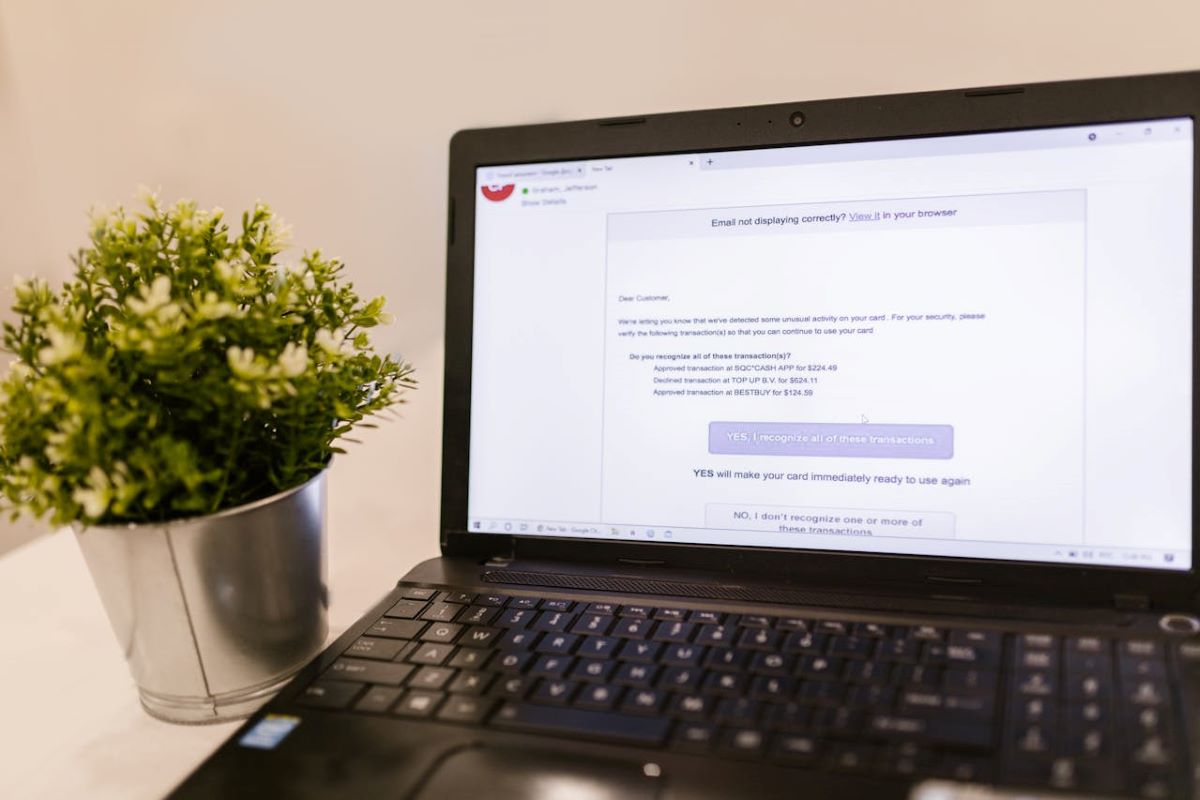Understanding DMARC, SPF, and DKIM: Key Elements for Email Deliverability
February 20, 2024 4 min read

Email has become a critical communication tool for individuals and organizations alike. However, as email usage has grown, so too has the sophistication of threats targeting email security, including spam, phishing, and other types of email fraud.
To combat these threats and improve email deliverability, three key technologies have emerged as essential components of a robust email security strategy: DMARC (Domain-based Message Authentication, Reporting, and Conformance), SPF (Sender Policy Framework), and DKIM (DomainKeys Identified Mail). Understanding DMARC, SPF, and DKIM is crucial for anyone looking to secure their email communications and ensure their messages reach their intended recipients without being intercepted or misused by malicious actors.
In this article, we’ll delve into the workings of these technologies, explaining how they contribute to the security and integrity of email communication and why they are indispensable tools in the fight against email-based threats. By demystifying these complex technologies, we aim to empower readers with the knowledge needed to enhance their email deliverability and protect their digital communications.
What are DMARC, SPF, and DKIM?
Let’s examine each more closely, defining what they are so you can get a better understanding of how they apply to email deliverability.
1. SPF (Sender Policy Framework)
SPF is an email authentication method designed to prevent spammers from sending messages on behalf of your domain. At its core, SPF allows the domain owner to specify which mail servers are authorized to send emails from that domain. This is done by adding a specific SPF record to the domain’s DNS records. When an email is sent, the receiving mail server checks this SPF record to verify that the email comes from a server authorized by the domain owner.
For example, if your domain is “example.com” and you have an SPF record that only includes your own mail server, any emails purporting to be from “example.com” but sent from an unauthorized server will be flagged as potential spam or rejected outright. SPF helps maintain the integrity of your email communications and protects your domain reputation.
2. DKIM (DomainKeys Identified Mail)
DKIM takes email authentication a step further. It allows the sender to attach a digital signature to the email, which is linked to the domain. This signature is verified against a public cryptographic key that is published in the domain’s DNS records. When an email is received, the receiving server uses this public key to check the signature and ensure that the email has not been altered during transit.
DKIM provides a way to ensure the content integrity and authenticity of an email. It verifies that the email was indeed sent by the domain it claims to come from and that its content hasn’t been tampered with. This is especially important for preventing email spoofing and ensuring that the content of your emails is trusted by recipients and their email providers.
3. DMARC (Domain-based Message Authentication, Reporting, and Conformance)
DMARC is a protocol that builds upon SPF and DKIM. It allows domain owners to define how an email that fails SPF or DKIM checks should be handled by the receiving server. This could mean quarantining the email (moving it to the spam folder), rejecting it outright, or letting it pass through with a note that it failed authentication.
A significant aspect of DMARC is its reporting feature. Domain owners can receive reports from email servers that detail the DMARC evaluation results of emails claiming to come from their domain. This information is invaluable for understanding and improving a domain’s email authentication setup and for identifying and stopping unauthorized use of the domain in email communications.
Impact on Email Deliverability
Together, SPF, DKIM, and DMARC form a powerful trio in the fight against email abuse. They help ensure that legitimate emails are not mistakenly flagged as spam or phishing attempts, which is crucial for email deliverability. When an email fails these authentication checks, it’s more likely to be rejected or marked as spam by receiving email servers. This can harm the sender’s reputation and reduce the chances of their emails reaching their intended audience.
By properly setting up SPF, DKIM, and DMARC, organizations can significantly improve the deliverability and credibility of their emails. It signals to receiving servers and email clients that the sender is legitimate and takes email security seriously. This is especially important for businesses, as email is often a primary channel for communication with customers, partners, and employees.
Understanding and implementing DMARC, SPF, and DKIM is essential for any organization or individual relying on email communication. These protocols not only help protect your domain from being used for email abuse but also ensure that your legitimate emails reach their intended recipients. By enhancing email deliverability and security, SPF, DKIM, and DMARC play a pivotal role in maintaining effective and trustworthy email communication in an increasingly digital world.




